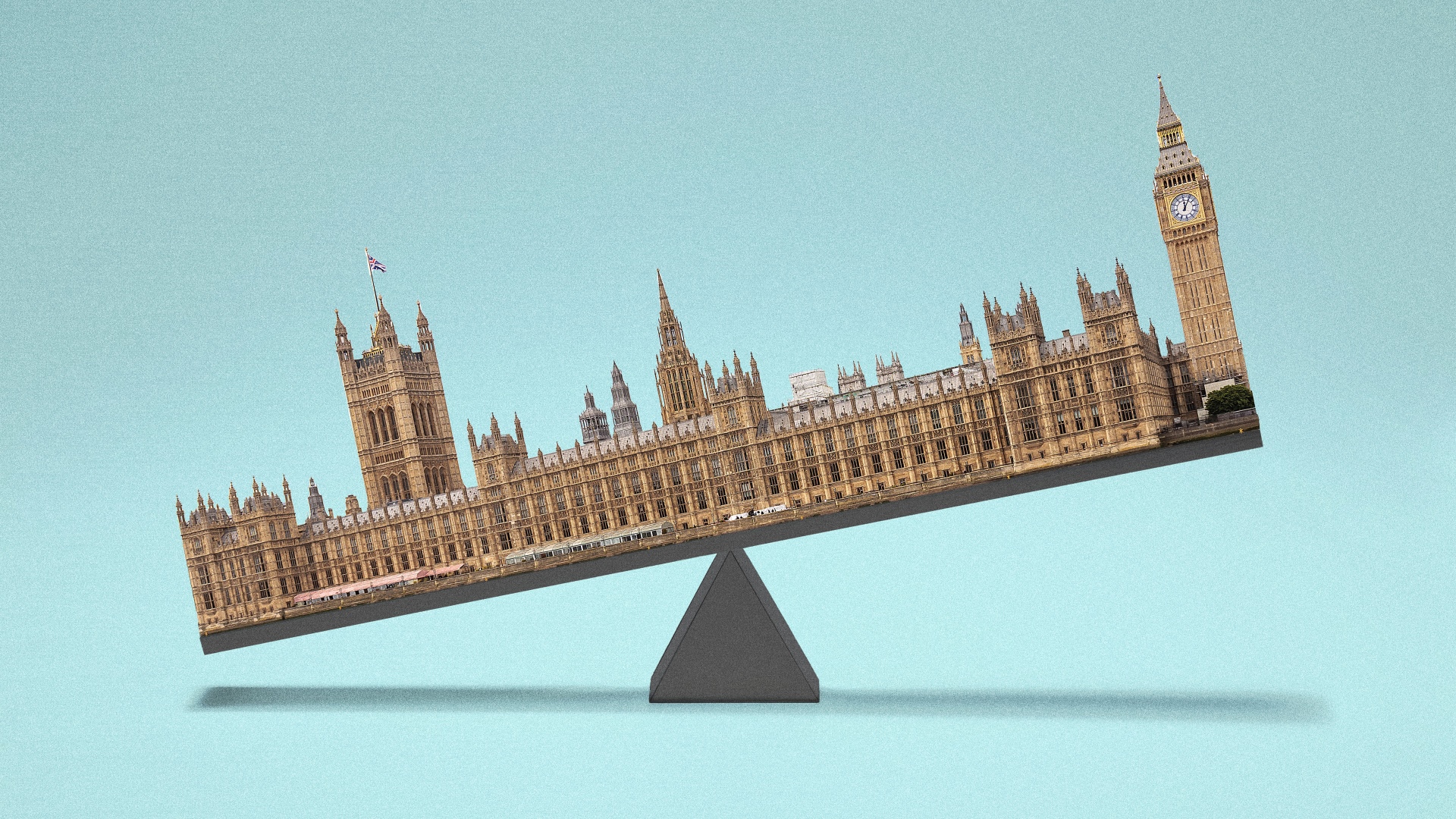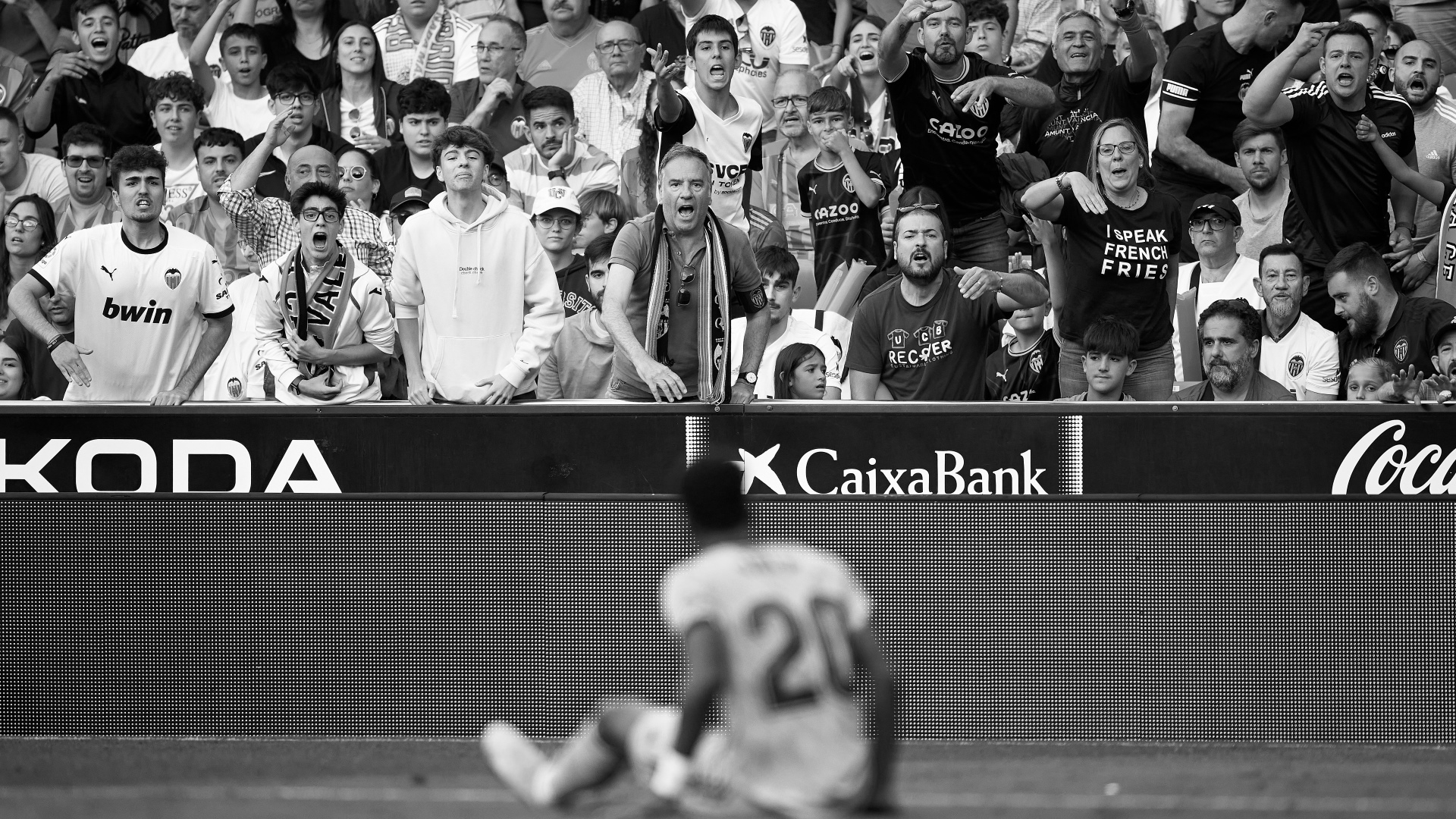There are certain things that we recognise we sometimes need, but that almost no sane human being would want for its own sake. We might acknowledge the need for a blood test, to see if something is wrong with us and what the remedy might be – but we would certainly look askance if someone said they had them for fun.
So it is with hung parliaments: you should be very, very wary of anyone who claims they would love one for its own sake. Hung parliaments produce weak governments, little in the way of major policy change, often lead to early elections, and can lead to some very dubious dealmaking – as anyone who lived through the Tory/DUP tie-up of 2017 should recall.
Liberal Democrats reading this column may already be feeling the need to pipe up that they would love a hung parliament, actually – but that’s just a reflection of the relative weakness of the party’s position. If the party ever had a chance of actual majority government, it would surely prefer that.
Given how much being the junior partner in the coalition hurt the party, it’s not even a chance at being in government that is motivating Lib Dem hopes of a hung parliament. Instead, it’s hoped-for as a means to an end towards a new proportional electoral system that will benefit it and other “minor” parties.
Allying himself to the long-time Liberal Democrat cause, as of last month, is none other than Owen Jones – who devoted a Guardian column to his hopes that the next election results in a hung parliament. The underlying motivation here is the same as the Lib Dems’ – to change the electoral system, with the goal of fracturing the loose coalition that has formed the Labour Party for the last century.
Jones is asking the country to pay an extraordinarily high price for his desires. Keir Starmer might not be the Labour leader of anyone’s dreams, but is thwarting him truly worth the price of throwing away any chance of improving day-to-day life in the next decade? Is it worth handing power back to a Conservative Party far more egregious even than the one we know today?
The UK is in a pretty bleak position. The best economic news that people have had is that inflation is “only” at 8.7% – more than four times the official target – meaning that prices are still increasing by nearly 9p in the pound even over last year’s increases. That’s even worse for food price inflation, which is currently at a staggering rate of 19.9%.
Public services are on the brink of collapse, their staff exhausted and short-handed, buildings falling apart, and service levels collapsing. Wherever you look – transport, water, productivity, exports, NHS waiting lists – nothing is as it should be.
When the next election comes, it will not be a continuity election. Voters want – need – a change. People need to believe things can actually get better. Most of us are tired after 13 years of the opposite. Starmer can be accused of missing the scale of that moment, of tacking so hard towards reassurance that he’s not offering enough hope. But to suggest Labour hasn’t offered much more substantive help towards most families than the Tory government is to live in the clouds.
To hope for a hung parliament is to hope for a Labour government that can do very little to meet the moment – when every measure requires begging and borrowing votes, everything takes even more time and effort than it already would, and lots that should be possible goes off the menu.
Neither Labour nor the Liberal Democrats will be all that enthusiastic for a full coalition. The parties have different government philosophies – the Lib Dems, after all, are led by someone who has been a minister in the current run of Tory-led governments. The Lib Dems don’t want to face another wipeout as a junior coalition partner. Confidence and supply is the likeliest outcome should Labour fall short of a majority, and there is absolutely no chance that Labour would accept introducing a full PR voting system at that cost.
Those on Labour’s left wishing for a hung parliament are wishing away Labour’s best chance of majority government in 13 years for a pipe dream. But that is far, far from the worst of it.
Should the Conservatives lose power, they seem almost certain to shift further to the right – Rishi Sunak is already barely able to contain the culture war demons that Boris Johnson’s 2019 election summoned forth. Suella Braverman, the apparently unsackable minister, is all but openly campaigning to be his successor while she serves in his cabinet.
Opposition parties often shift to the extremes in the aftermath of a long stint in government. In the case of this current Tory party, that could look ugly. Empowering such a party and giving it a good chance of becoming a government, then, is about the worst thing anyone who regards themselves as progressive or even moderate could do.
And yet a hung parliament would do precisely that. If you allow a country that is held together by spit, tape and glue after repeated financial, cultural and political blows to be handed to a weak-but-moderate government, you are setting that government up to fail.
Voters in that situation will look for whatever alternative is on offer – and in what will almost certainly still be a two-party system in that scenario, that leaves one thing on the table.
To wish for a hung parliament in this system is either the worst sort of self-serving and petty naval gazing, or is to engage in full accelerationism. It certainly has nothing to do with serving the interests of regular voters or citizens.
Owen Jones has the privilege of self-indulgence, and he’s been happy to indulge regularly for years now. Labour stands the best chance of forming a government than it has in more than a decade against overwhelming odds – in 2019, the party was rejected by a landslide not seen since 1935, handing Boris Johnson a majority of 80.
When pundits said Labour would almost certainly be out of power for two terms as a result, they were not reading the evidence badly – the turnaround in polling and votes since is all but unprecedented. A Labour majority at the next election would still be a turnaround for the record books – and yet people all too concerned about being on “the right side of history” are apparently hoping against it, with all of their might.




